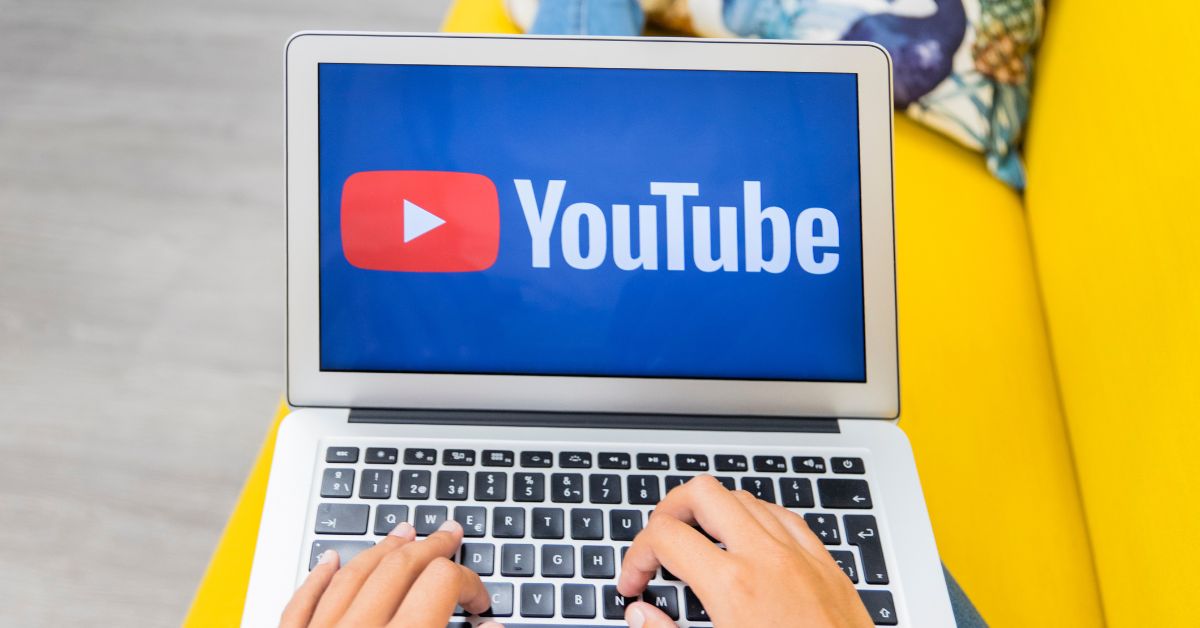New YouTube AI Age Verification System in the U.S.

A new YouTube AI age verification system testing will start in the U.S. on Wednesday. The system uses artificial intelligence to determine whether a viewer is an adult or a minor based on the types of videos they watch.
Only a small portion of YouTube’s U.S. population will be initially impacted by the testing. Still, if the system proves as successful at estimating viewers’ ages as it has elsewhere, it will likely spread. Regardless of the birthdate a user may have provided when registering, the system will only function when viewers are signed into their accounts.
YouTube will implement the standard controls and limitations that the website now employs to stop children from watching videos and participating in other activities judged unsuitable for their age if the system detects that a logged-in viewer is under the age of 18.
Reminders to take a break from the screen, privacy alerts, and limitations on suggested videos are some of the precautions. Additionally, YouTube, which Google has owned for almost 20 years, does not display personalised advertisements to viewers who are younger than 18.
Read: Doctors Explore Best Treatments for VEXAS Genetic Disorder
How New YouTube AI Age Verification Works
If the system incorrectly identifies someone as a minor, users can correct the error by submitting a selfie, a credit card, or a government-issued ID to YouTube.
James Beser, YouTube’s director of product management, explained in a blog post, “YouTube was one of the first platforms to create experiences specifically for young people, and we’re proud to once again be at the forefront of introducing technology that enhances safety measures while also protecting teen privacy.”
Although watching YouTube videos without creating an account is still possible, doing so automatically blocks some content without requiring confirmation of age.
The launch comes amid growing political pressure in the U.S. to strengthen online protections for minors. In late June, the U.S. Supreme Court upheld a Texas law aimed at restricting minors from accessing online pornography, fueling calls for stricter age verification requirements.
Political Pressure and Online Safety Concerns
While companies like YouTube are taking steps to verify user ages, some critics argue that the responsibility should fall primarily on Apple and Google, the owners of the two largest smartphone app stores. Both major tech companies have rejected this proposal.
Age verification may violate First Amendment rights to free speech and personal privacy, according to several digital rights organisations, including the Electronic Frontier Foundation and the Centre for Democracy & Technology.
